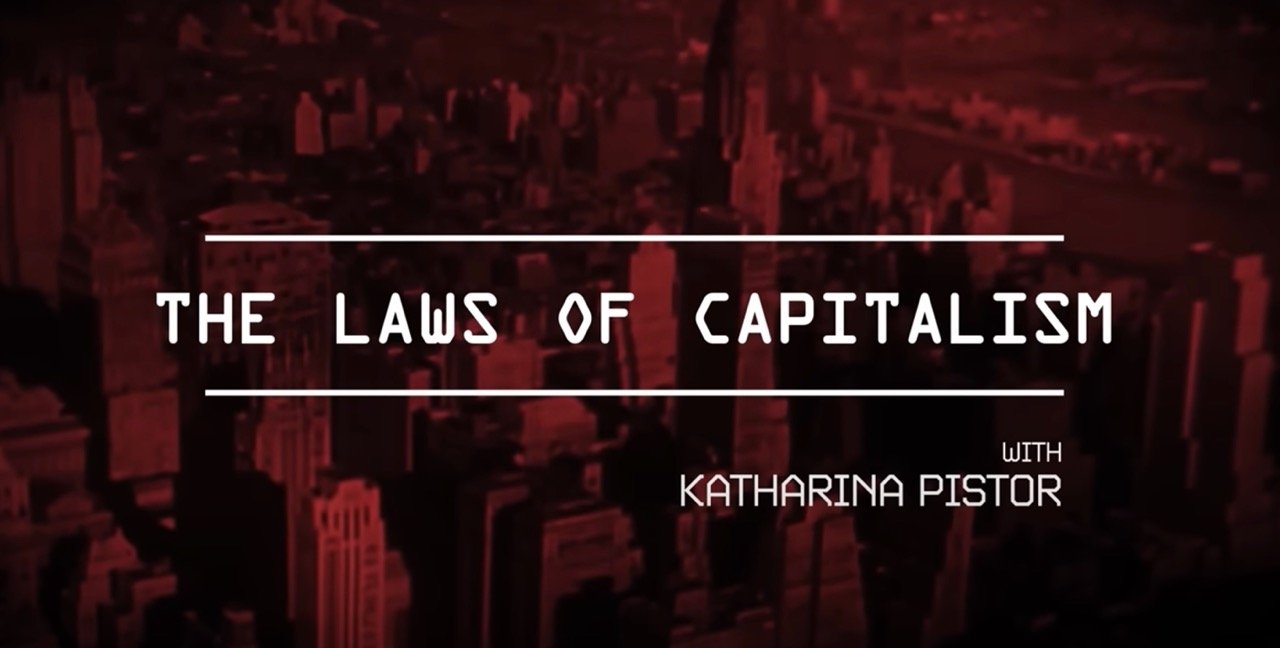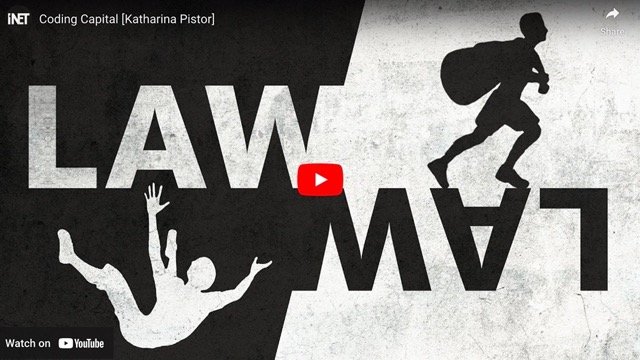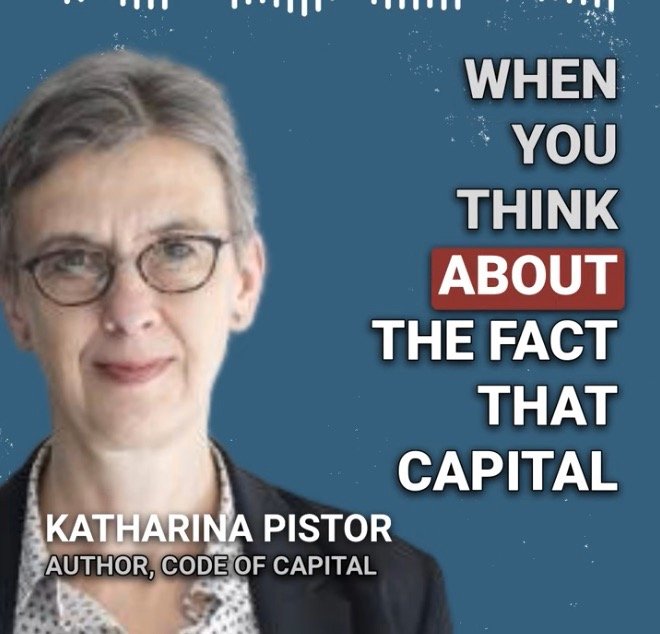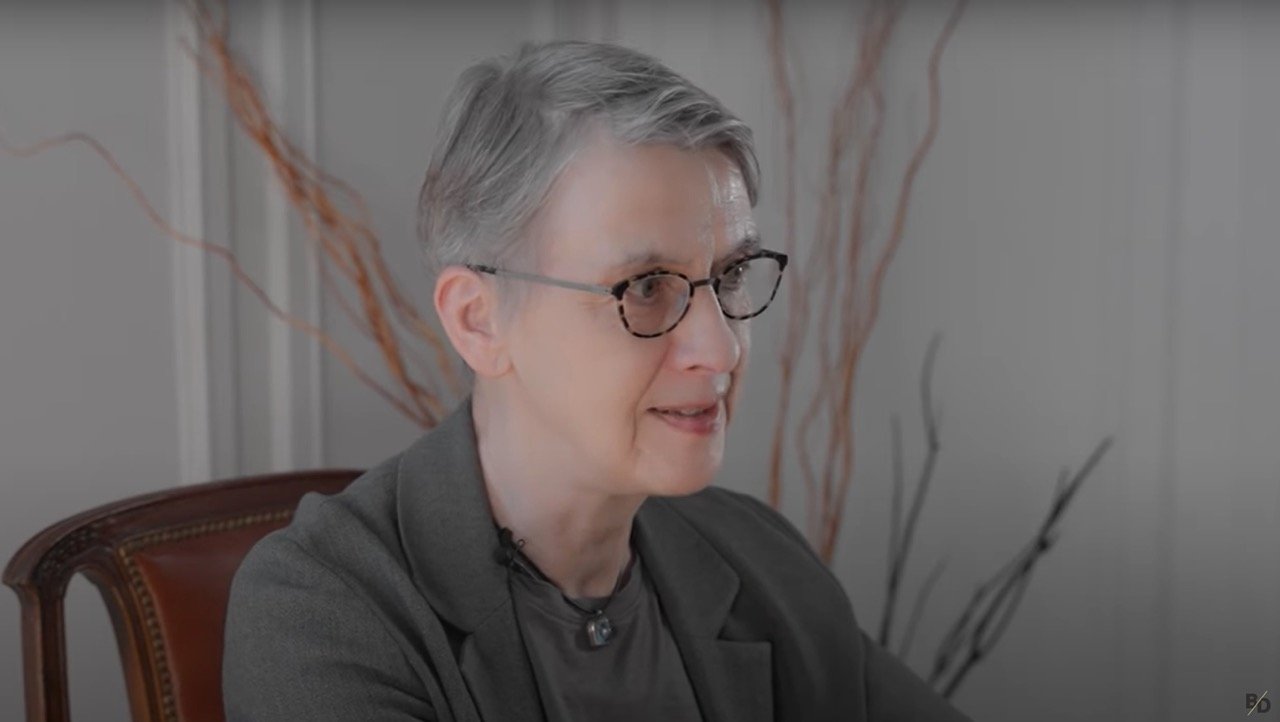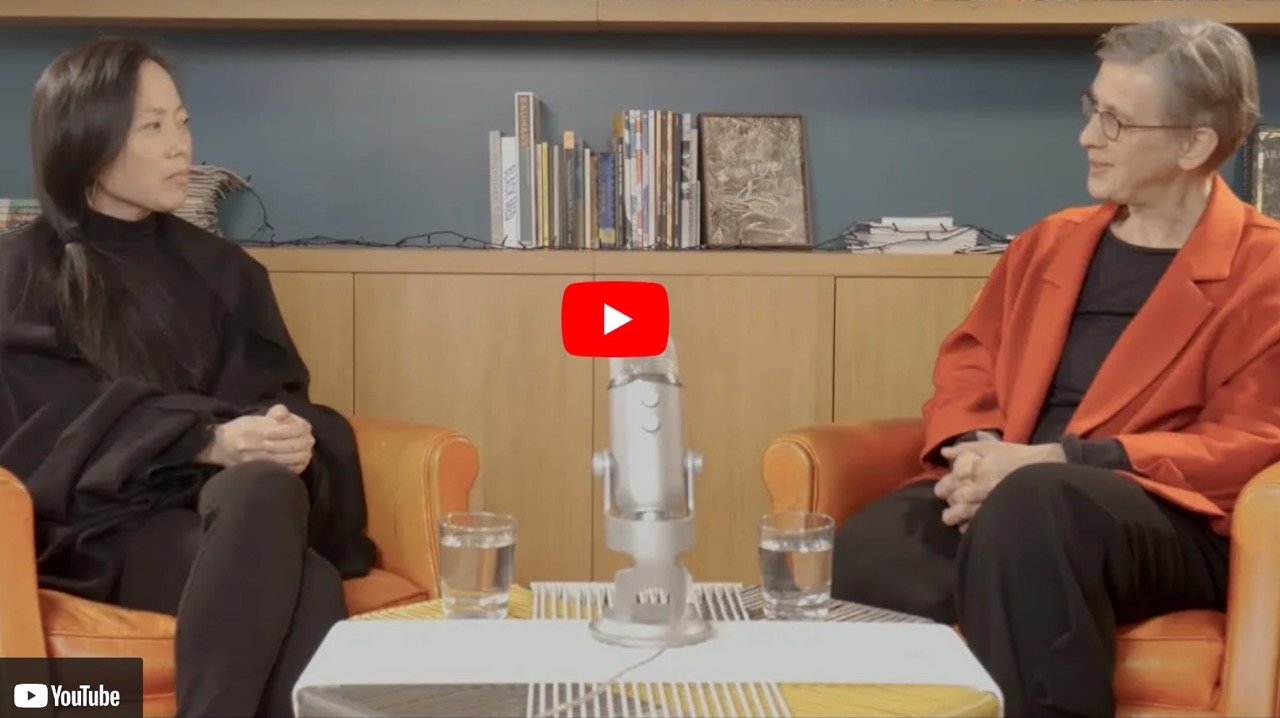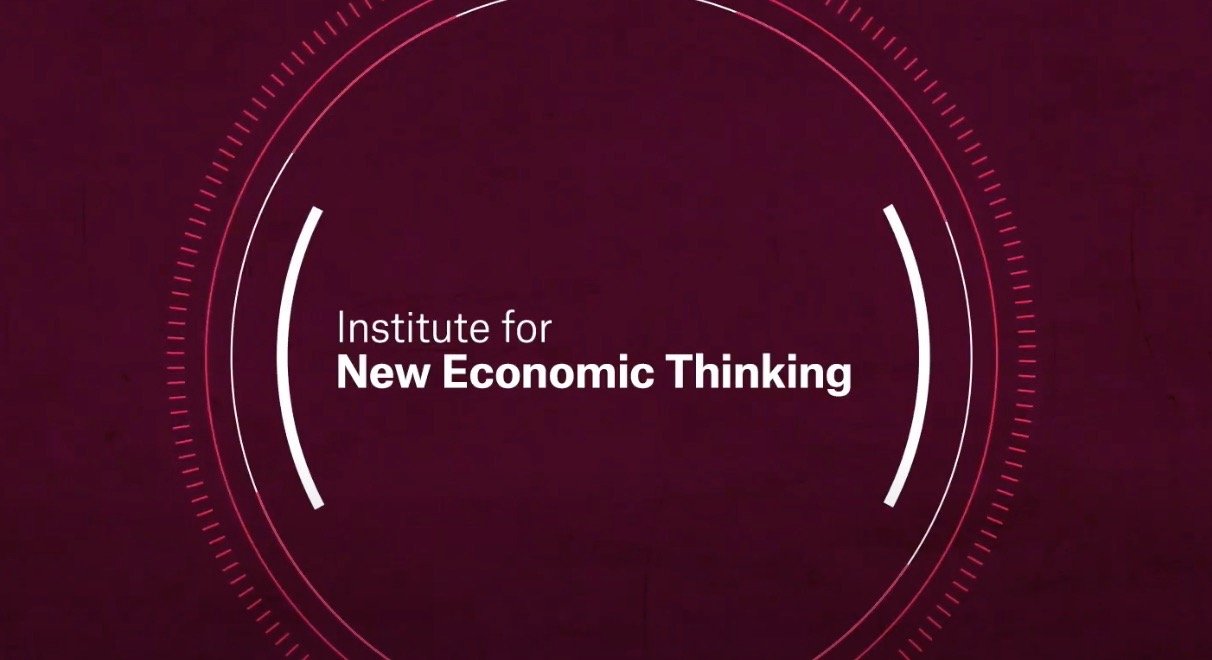
Events & Appearances
22 April 2022
Can this system last? Are alternatives imaginable? This panel will take up one of the most basic issues in the world economy today.
9 April 2025
This cross-disciplinary panel will consider the forces that undermine the capacity of societies to find common ground for effective self-governance, especially under conditions of uncertainty and during political and economic shocks. The discussion will explore structural forces threatening shared prosperity, tradeoffs inherent in economic policymaking, pathways to a more just and inclusive economy, and the significance of a political economy fit for advancing the future of democracy.
11 March 2025
Europe’s common currency, the Euro, is entering its second quarter century. The European Central Bank is firmly established as the #2 central bank in the world. It has survived years of turbulence. For now, debt markets are stable and the politics of Europe’s common currency are quiet. Can this last?
Europe faces huge challenges. Its economy is sluggish. Europe fears falling behind in the global tech race. It faces new security threats. Trans-Atlantic relations have been thrown into turmoil by the reelection of Donald Trump. On the horizon looms the challenge of the energy transition. This panel will explore the challenges facing the Euro area and the prospects for its future development.
March 2025
Laura Raim interviews Katharina Pistor for the ARTE series “Les idées larges” (Big Ideas) about the Code of Capital and its application to data (in French and German).
February 23, 2025
Katharina Pistor is featured in an episode about why wealth is so unfairly distributed. (In German and French with English subtitles).
Katharina Pistor participated in this video-are-project by the Swiss media-artist Gabriela Löffel, that dissects the role of professional services, including lawyers, accountants and trust advisors, in expanding the system of offshore finance and tax avoidance. The work will be premiered on 31 January 2025 at a group exhibition entitled “Neutrality Model” in the Aargauer Kunsthalle.
Wednesday, January 15, 2025. 8:00 PM 9:30 PM
Our meat production focuses on profit at any price – ecological and social costs are neglected. Katharina Pistor argues for an alternative system: ‘Organizing for change’. Animals should no longer be regarded merely as capital, but should be at the center of a system that protects the earth and regenerates resources.
Introduction to the Laws of Capitalism series at New Economic Thinking (INET).
In this series, Professor Katharina Pistor (@ColumbiaLawSchool1) breaks down the history, process, institutions, and participants involved in the legal coding of capital. She shows us how private actors have harnessed social resources to accumulate wealth, generating not only economic inequality, but inequality in law. Enabling them to opt out of jurisdictions, restrict governmental policy, and erode democracy.
Katharina Pistor explains how our legal system is manipulated to protect wealth, and why the rules of the game always seem just out of reach.
Produced by Matthew Kulvicki & Nick Alpha
You can view this short on YouTube.
Capitalism could not exist without the power and structure of the law — that’s the simple but radical argument made by my guest today, Katharina Pistor, law professor at Columbia University, and the author of The Code of Capital: How The Law Creates Wealth and Inequality.
This is a conversation that delves into the deepest layer of our economic system — one that shapes all of our lives even as it remains largely invisible. We discuss the four legal attributes that transform an ordinary asset into a wealth-generating device, how the law creates corporations and financial instruments out of thin air, the “feudal calculus” that underpins our modern economy, why focusing solely on wealth redistribution will never be sufficient to solve economic inequality, how private lawyers — operating outside democratic institutions — end up shaping the rules of our economic system, the “law and finance paradox” that explains why financial crises happen, how legal manipulation has eroded the “social contract” of capitalism, whether the law can work as a tool to help fight climate change and more.
Tuesday, May 21, 2024
Economists discovered the firm as a serious object of inquiry only a century ago when Ronald Coase famously asked, why firms exist at all. Firms were benchmarked against markets, which gave us transaction cost economics and the incompleteness of contracts as foundations for the theory of the firm.
Monday, May 20, 2024
Finance is a critical ingredient for all enterprises. It is well established that early on most rely on family on friends, and occasionally on local banks. Scaling size and operations, however, often requires external funding in addition to retained earnings.
Friday, May 17, 2024
This is the first in a series of lectures given by Katharina Pistor for the Oxford University Faculty of Law in 2024.
Enterprises have been around for much of human history. They are formed when people join forces in pursuit of a common goal, for pooling skills and resources, diversify risk, or simply finding a way to sustain themselves and their families.
Katharina Pistor and Pauchi Sasaki discuss the dangers and possibilities embedded in digital code, how it could be different, what a feminine approach to coding might look like, and how conscious coding decisions could be made to empower individuals.
From feudal land rights to intellectual property in the modern era, lawyers have been battling over capital for centuries. Typically leveraging social resources to generate and protect private wealth. Katharina Pistor (Columbia University, Center on Global Legal Transformation) explains how this epic struggle has progressed, the rules of the game, and how those rules are manipulated. In her book “The Code of Capital: How the Law Creates Wealth and Inequality,” Pistor lays out all this and more.


